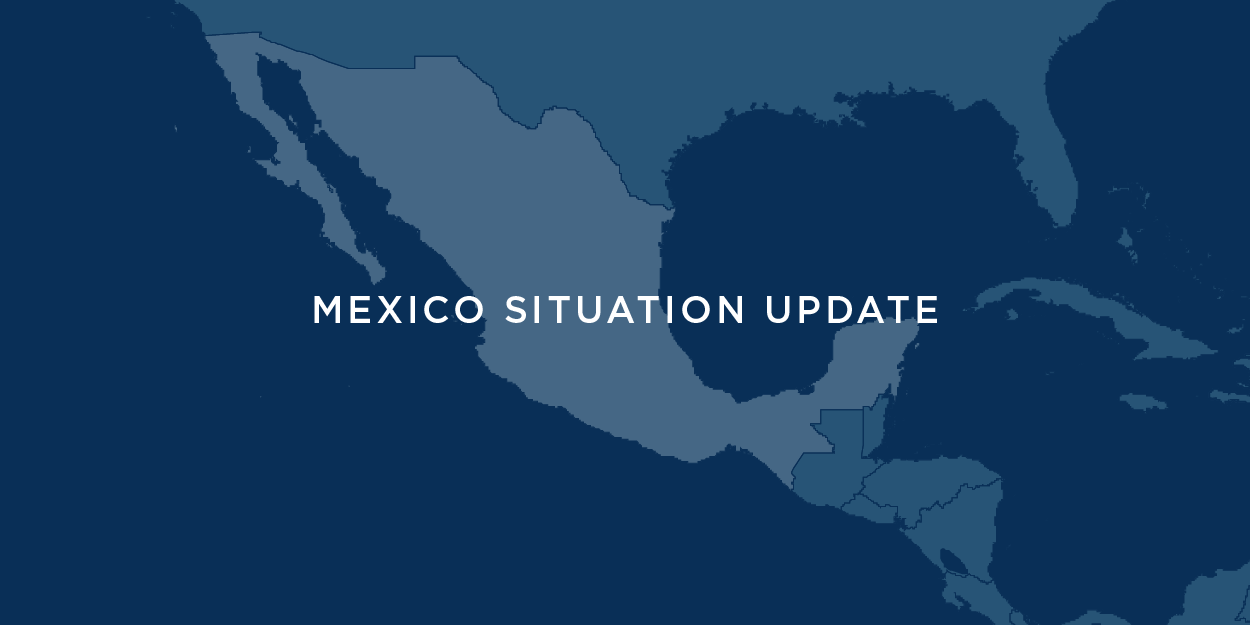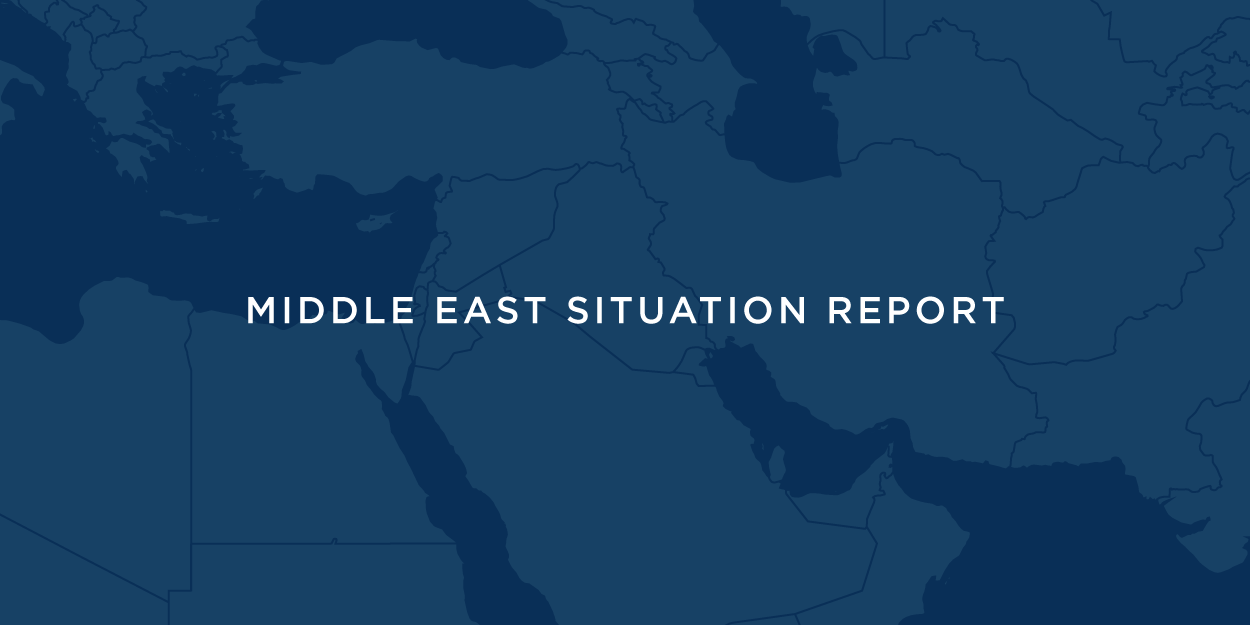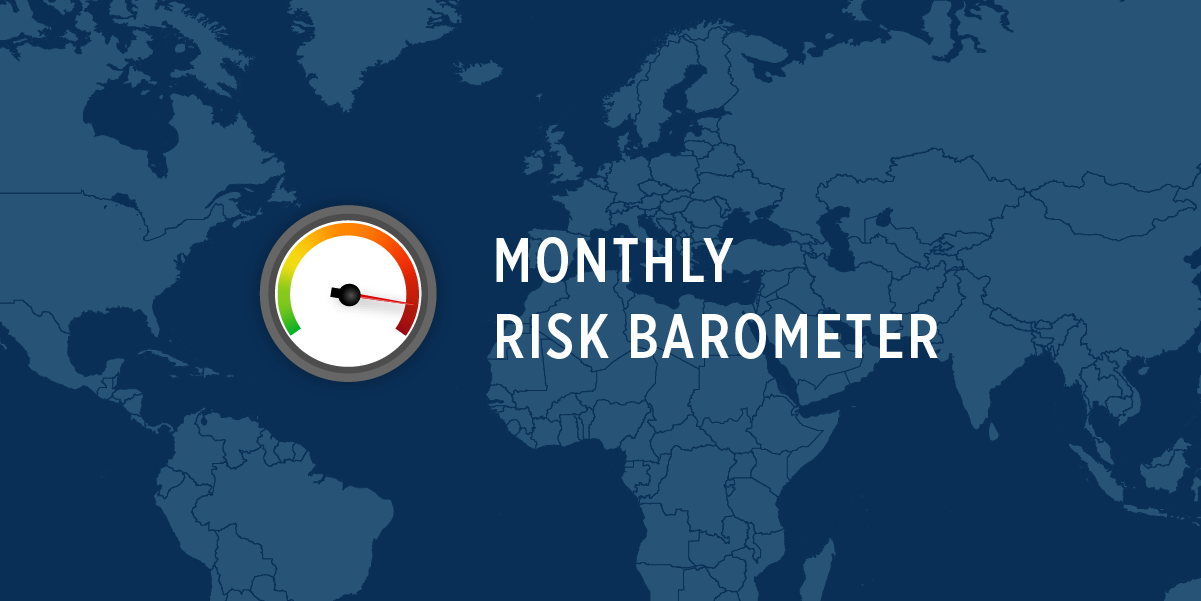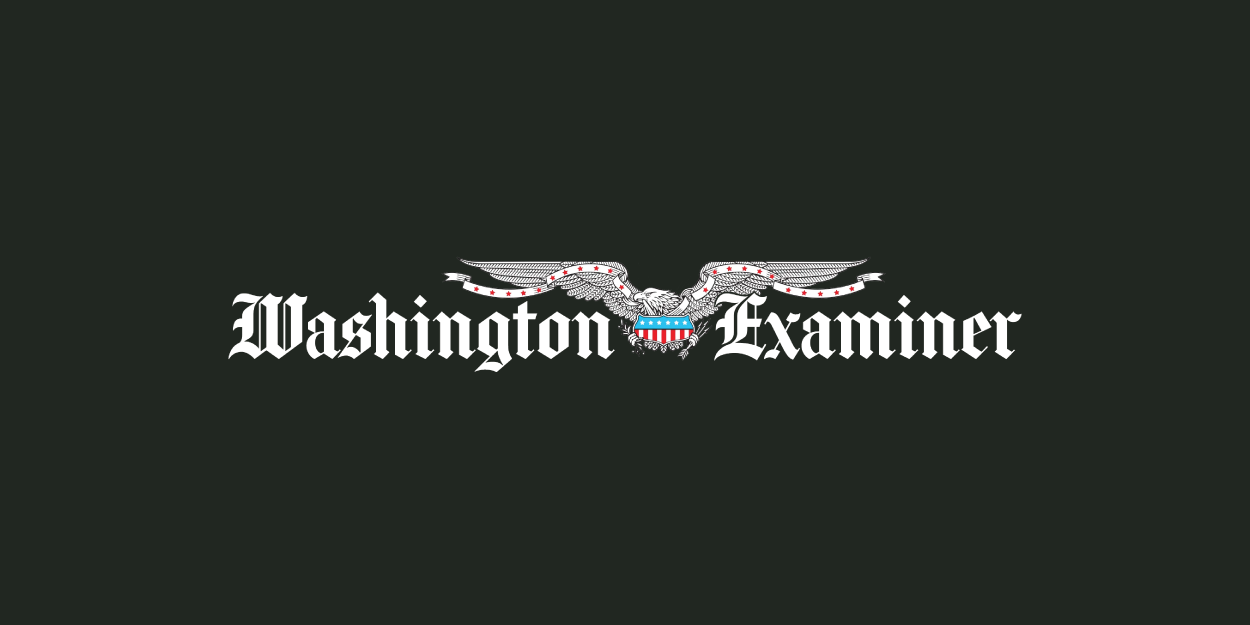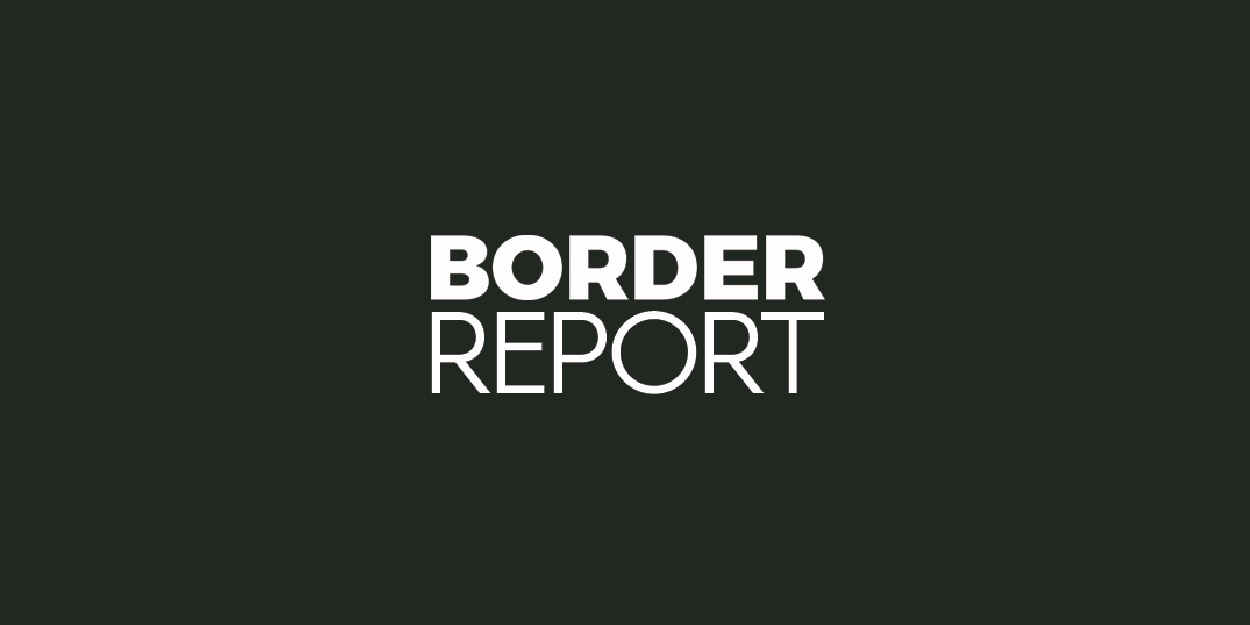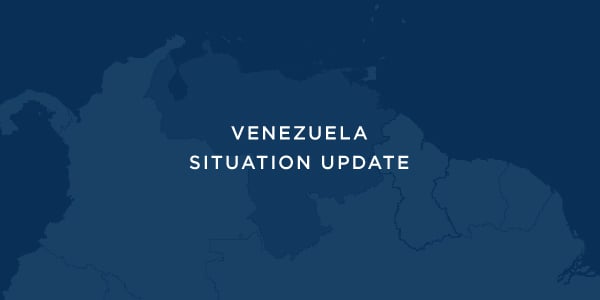On 22 February 2026, Mexican military and law enforcement agents undertook an operation in Tapalpa, Jalisco to capture (or kill) Nemesio "El Mencho" Oseguera Cervantes, the leader of the Jalisco New Generation Cartel (CJNG), and the most wanted man in both Mexico and the U.S. He was the head of the most powerful criminal organization in Mexico. El Mencho, along with several other key leaders within the CJNG, were killed or captured in the operation, which was supported by U.S. intelligence.
Following the operation were widespread shootouts and cartel blockades across multiple states in Mexico, starting in Jalisco and radiating outward as the news spread. Criminal actors hijacked and burned vehicles, attacked gas stations and small businesses, deployed tire spikes on roadways, and engaged security forces in multiple armed confrontations. Multiple airlines cancelled flights into Puerto Vallarta, Guadalajara, and Mazatlán out of an abundance of caution. While the violence began in Jalisco state, there were over 250 confirmed blockades in 22 states. Authorities indicated nearly all roadblocks were cleared as of early morning hours on 23 February.
Municipal governments and schools in multiple states were closed on Monday, 23 February, amid ongoing concerns of violence. The U.S. Embassy in Mexico City issued multiple alerts to U.S. citizens to shelter-in-place. Thelatest alertestablishes remote-work and shelter-in-place orders for U.S. government personnel for 23 February in Guadalajara (Jalisco), Puerto Vallarta (Jalisco/Nayarit), Ciudad Guzman (Jalisco), Cancun (Quintana Roo), Playa del Carmen (Quintana Roo), Cozumel (Quintana Roo), Reynosa (Tamaulipas state), and Tijuana (Baja California).
Large-scale disruptions are a common retaliatory tactic used by criminal groups after high-level arrests or leadership targeting. The intent is to create operational chaos, slow security force deployments, and pressure authorities regarding detained figures. A similarly disruptive but more localized version of this happened in Culiacan, Sinaloa in 2019 during an attempted arrest of Ovidio Guzman, one of the sons of El Chapo. He was released from custody after more than 700 cartel gunmen laid siege to the jail where he was being held.

